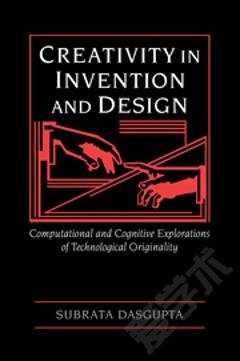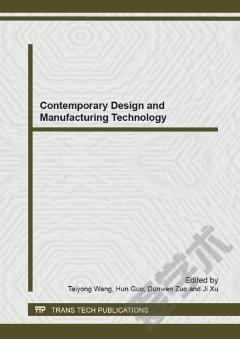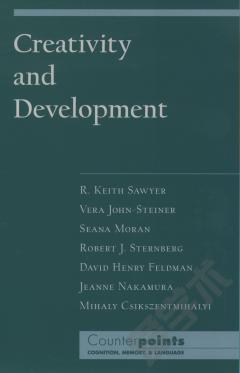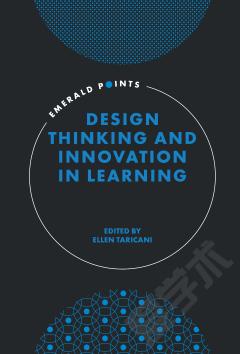Creativity in Invention and Design
Creativity is a topic that has traditionally interested psychologists, historians and biographers. Developments in cognitive science and artificial intelligence have provided a powerful computational framework in which creativity can be studied and the creative process can be described and explained. In this book, creativity in technology is discussed using such a computational approach. Using an important historical episode in computer technology as a case study, namely the invention of microprogramming by Maurice Wilkes in 1951, the author presents a plausible explanation of the process by which Wilkes may have arrived at his invention. Based on this case study, the author has also proposed some very general hypotheses concerning creativity that appear to corroborate the findings of some psychologists and historians and then suggests that creative thinking is not significantly different in nature from everyday thinking and reasoning.
{{comment.content}}








 京公网安备 11010802027623号
京公网安备 11010802027623号